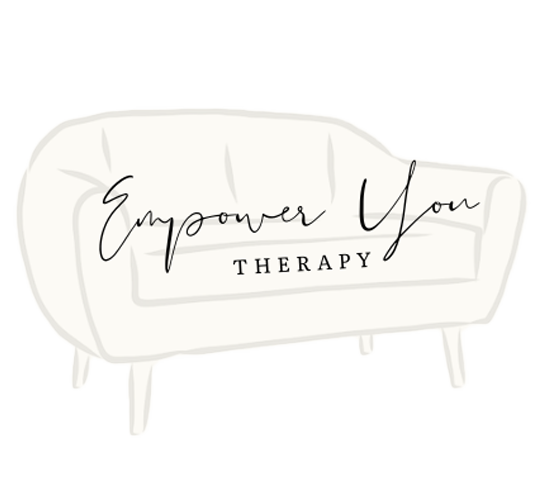Written By: Amanda Clavell
Bullying can be an intimidating topic for both children and parents, but opening up a conversation about it can make all the difference. By addressing bullying early on, we help kids feel more empowered, build empathy, and strengthen their confidence to stand up for themselves and others. Therapy can be a valuable resource in building these skills, fostering resilience, and creating a safe space to explore feelings about bullying.
Understanding the Impact of Bullying
Bullying takes many forms, from physical aggression to verbal put-downs, exclusion, and cyberbullying. Each type can leave lasting emotional scars, affecting self-esteem, school performance, and friendships. Children who are bullied may feel isolated or fearful, and sometimes they may be unsure of how to express or even fully understand what they’re going through. Helping kids recognize the different forms of bullying can be an important first step in showing them that they are not alone and that their experiences are valid.
In therapy, children have the opportunity to explore these feelings without fear of judgment, allowing them to articulate their experiences and recognize the impact bullying has on their emotional health. By naming the problem, we can take the first step toward finding solutions together.
Building Confidence and Resilience
Confidence can be a powerful tool in the fight against bullying. When children feel secure in themselves, they’re less likely to be intimidated by negative behavior and more likely to stand up for themselves. Therapy can help kids develop healthy self-esteem, focusing on their strengths, talents, and interests. Engaging in activities that make them feel capable and proud of who they are builds a foundation of resilience.
Resilience is more than just handling challenges; it’s the ability to bounce back, adapt, and maintain a positive self-image. Through role-playing and other therapeutic exercises, children can practice assertive responses to bullying scenarios, which not only strengthens their confidence but also helps them see themselves as strong and capable.
Cultivating Empathy and Kindness
Addressing bullying isn’t only about stopping negative behavior; it’s also about fostering positive, inclusive actions. Therapy can help children understand how empathy and kindness play a role in combating bullying. When kids learn to consider others’ feelings and perspectives, they’re more likely to show compassion and support for their peers, even in challenging situations.
Encouraging children to look out for others and practice kindness can create a more inclusive environment, one where bullying is less likely to thrive. This helps build a sense of community and shared responsibility, teaching kids that they can help create a safe space for everyone around them.
Empowering Kids to Speak Up
Children may hesitate to report bullying because they fear retaliation, worry they’ll be seen as a “tattletale,” or feel like they need to handle it alone. Therapy offers a non-judgmental space where they can practice speaking up, build trust in adults, and learn to understand that seeking help is a sign of strength, not weakness. Kids who learn to communicate their feelings and experiences are better equipped to reach out when they need support, whether it’s from a parent, teacher, or therapist.
By empowering children to speak up for themselves and others, we teach them that their voice matters. Whether they’re standing up for a friend or reporting bullying behavior, knowing they have a support system gives them courage to address difficult situations.
Creating a Safe and Supportive Environment
Preventing and addressing bullying requires a supportive environment where children feel safe, heard, and valued. Therapy can help children recognize and build this environment within their friendships, families, and school communities. By learning to set boundaries, express themselves clearly, and value mutual respect, kids develop skills that create and sustain a positive environment where they and their peers can thrive.
Bullying is a challenge, but with the right support and tools, children can become more resilient, empathetic, and empowered to stand up for themselves and others. By saying “boo” to bullying, we’re not only discouraging harmful behaviors but also teaching kids that they have the power to make a difference in their own lives and in their communities.
Therapist Draper
Therapist Draper. Counseling in Draper Utah, Counseling Draper







